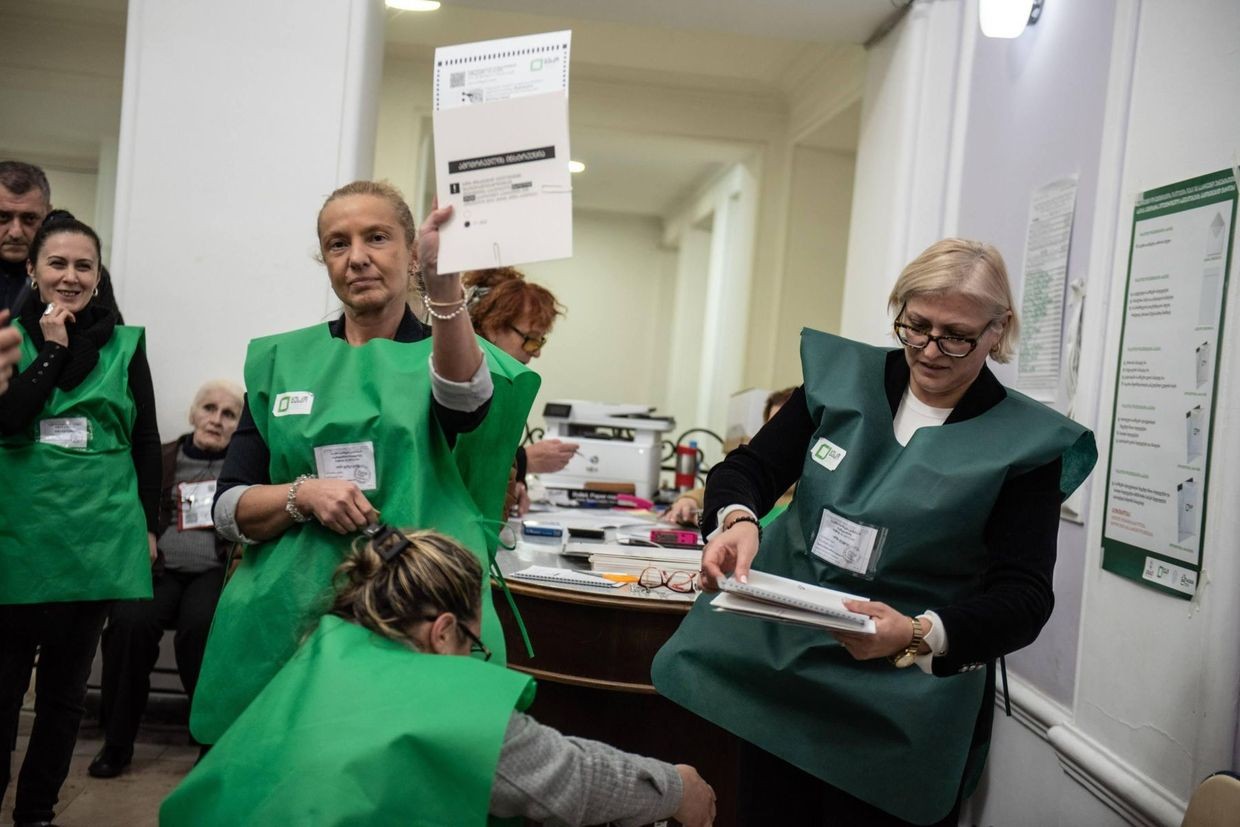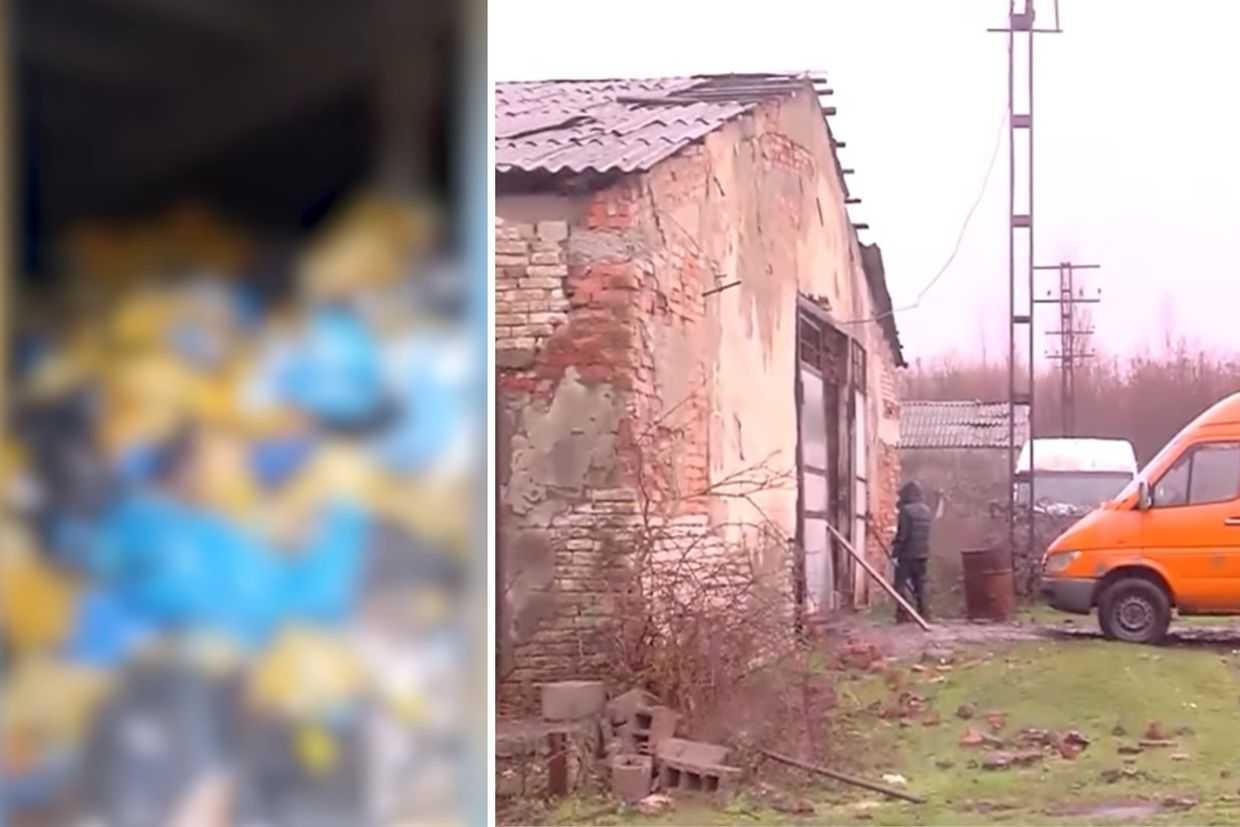
New amendments introduced by Georgia’s Central Election Commission (CEC) would prohibit polling station observers from processing data related to voter verification, as well as from requiring voters to show their ID document.
The CEC has made amendments to three resolutions, including prohibiting any person with the right to be in the building from ‘physically obstructing the movement of voters in the polling room’.
In addition, the amendments would prohibit the ‘requirement to show a voters ID’, and ‘photo–video recording or other processing of a voter’s identity document, voter data displayed on a voter verification machine, voter verification receipt printed from a voter verification machine, and the choice made by a voter on the ballot’.
According to representatives of local elections observation organisations, these changes limit their ability to fully observe the voting process and prevent the detection of so-called voting ‘carousels’.
‘The following is particularly problematic — any person with the right to be present in the polling station is prohibited from demanding the voter’s identity document, including confiscating it’, Nino Dolidze, chair of the International Society for Fair Elections and Democracy (ISFED), wrote on Friday.
‘With this change, observers will no longer be able to detect individuals who are attempting to vote on behalf of others (so-called carousel), which is one of the main methods of election fraud’.
‘Carousel’ voting occurs when groups of people are brought to several polling stations to vote multiple times.
In its statement on Friday, the CEC claimed that ‘the rights of observers are also fully spelled out in Article 41 of the Election Code, and none of these rights have been or could be restricted by the CEC resolution’.
‘It seems that critics of the aforementioned resolution are not well acquainted with the current legislative regulations or, perhaps, are deliberately trying to distort their interpretation. Otherwise, it is difficult to explain this attempt to translate the high standard of protection of voters’ personal data into a restriction on their observation of the registration process’, the statement continued.
‘Also, in general, during the last elections, there were a number of incidents caused by them in terms of observation of election procedures, photo and video filming, and violation of the Law on the Protection of Voters’ Personal Data’.
The fifth President of Georgia, Salome Zourabichvili, reacted to the amendments made to the CEC resolution at a briefing on Friday saying that it’s ‘a direct recognition that one form of fraud [was] not asking people to verify and confirm their identity’.
She claimed the new amendments are ‘a legalisation of this form of fraud, that is, the legalisation of “carousels”’.
‘This is an indicator that [the government] are very nervous and are preparing for the elections. Anyone who suspects that at some point they will be forced to call parliamentary elections should better watch what they are doing and how much they are preparing’, she said.
In February, the ruling Georgian Dream party initiated and adopted a legislative package that would allow the parliamentary majority to elect members of the CEC and its chair with a simple majority, instead of the currently required 90 votes.
During the October 2024 parliamentary elections, which gave Georgian Dream a large majority, with 54% of the vote, election observers and media organisations in Georgia reported multiple cases of ‘carousel’ voting, such as one voter voting at multiple polling stations and voting with someone else’s ID or passport.
As part of the subsequent political crisis, which deepened when Prime Minister Irakli Kobakhidze announced in late November that the government was halting Georgia’s EU bid until 2028, protesters have demanded new parliamentary elections and the release of those detained during demonstrations.
In turn, Georgian Dream and its parliamentary satellites have stated that the opposition should stay politically active by participating in the upcoming municipal elections scheduled for 4 October.









